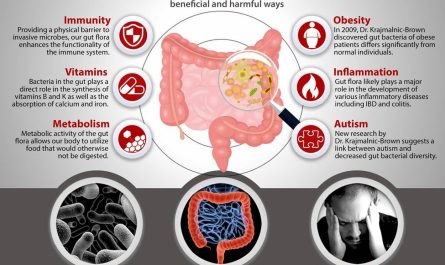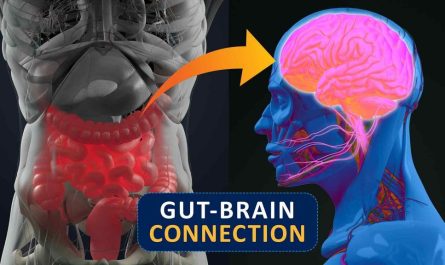Intermittent fasting has gained popularity in recent years as a dietary approach that involves alternating cycles of fasting and eating. This pattern of eating has been studied extensively, and numerous benefits have been identified. In this article, we will explore the current research surrounding intermittent fasting and its potential advantages for overall health and well-being.
The Science Behind Intermittent Fasting
Intermittent fasting primarily works by influencing various metabolic and hormonal processes in our bodies. During fasting periods, the body shifts into a state of ketosis, where stored fat is broken down for energy. This metabolic switch not only aids in weight loss but also has implications for improving insulin sensitivity and reducing inflammation.
Weight Loss and Metabolic Health
One of the key benefits of intermittent fasting is its effectiveness in promoting weight loss. Several studies have shown that this eating pattern can lead to a reduction in body weight and body fat, while preserving muscle mass. By restricting the eating window, intermittent fasting creates a calorie deficit, leading to increased fat burning, improved metabolism, and better overall health markers such as blood pressure and cholesterol levels.
Improved Blood Sugar Control
Intermittent fasting has also been found to be beneficial for blood sugar regulation. Research suggests that it can enhance insulin sensitivity, helping to lower blood sugar levels and reduce the risk of developing type 2 diabetes. By allowing the body to deplete its glycogen stores during fasting periods and rely on fat for fuel, intermittent fasting assists in stabilizing blood glucose levels and improving insulin function.
Other Health Benefits
In addition to weight loss and improved metabolic health, intermittent fasting has been associated with several other health benefits:
Cellular Repair and Autophagy
Intermittent fasting triggers a process called autophagy, which is the body’s way of cleaning out damaged cells and recycling cellular components. By removing these dysfunctional components, intermittent fasting promotes cellular repair and renewal, which may have anti-aging effects and protect against various diseases, including cancer.
Brain Health and Cognitive Function
Studies have shown that intermittent fasting can have positive effects on brain health. Animal studies suggest that it may enhance brain function, improve memory, and protect against neurodegenerative conditions such as Alzheimer’s disease and Parkinson’s disease. However, more research is needed to fully understand the impact of intermittent fasting on cognitive function in humans.
Inflammation Reduction
Inflammation is a significant contributor to various chronic diseases. Intermittent fasting has been found to reduce inflammation markers in the body, potentially lowering the risk of conditions like heart disease, arthritis, and certain types of cancer. By modulating the body’s inflammatory response, intermittent fasting may help promote overall health and longevity.
Implementing Intermittent Fasting
There are several different approaches to intermittent fasting, allowing individuals to choose a method that aligns with their lifestyle and preferences. The most popular methods include:
16/8 Method
The 16/8 method involves fasting for 16 hours and limiting the eating window to 8 hours. This can be achieved by skipping breakfast and only eating between, for example, 12 PM and 8 PM.
5:2 Diet
The 5:2 diet consists of eating normally for five days of the week and restricting calorie intake to 500-600 calories on the remaining two non-consecutive days.
Alternate-day Fasting
Alternate-day fasting involves fasting every other day, where one day involves consuming little to no calories, followed by a day of regular eating.
Intermittent fasting presents a promising approach to weight loss and overall health improvements. The current research suggests that it can have numerous benefits, including weight loss, improved blood sugar control, cellular repair, brain health, and reduced inflammation. However, it is important to note that intermittent fasting may not be suitable for everyone, and consulting a healthcare professional is advised before embarking on any new dietary plan.




